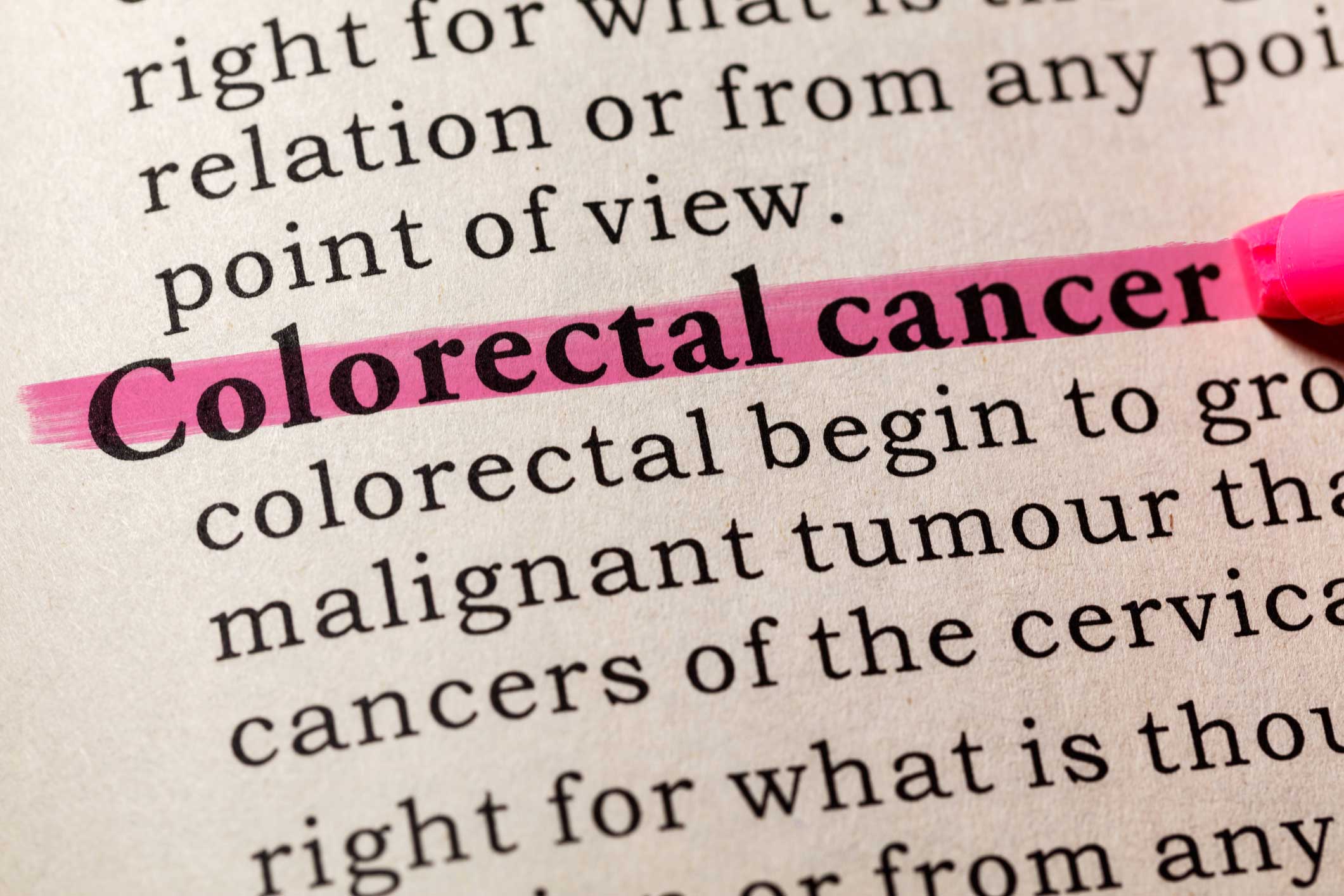<< Back
Farm-Raised Salmon (Bad), Aspirin (Good) and other Colorectal Cancer Facts

March 01, 2018
Colorectal cancer, the No. 2 cause of cancer-related deaths in the United States among men and women combined, is expected to kill more than 50,000 Americans this year. Yet this disease, which hits 1 in 23 Americans in their lifetime, is showing signs that more people will survive with early diagnosis and appropriate treatment.
Colorectal cancer cases, after a spike from 1975 through the mid-1980s, have declined in recent years probably because of increased screenings and lifestyle changes like smoking cessation. In the past decade, the incidence of colorectal cancer in both men and women has dropped about 3 percent each year. Mortality rates are also dropping.
March is Colorectal Cancer Awareness Month. If nothing else, be aware that screenings can save your life.
Here’s more on colorectal cancer:
Did You Know
- The lining of microwave-popcorn bags contains perfluorooctanoic acid, a cancer-causing chemical also used to make Teflon. While microcrowaving, the acid bleeds into the popcorn. The popcorn itself, if butter flavored, also contains cancer-causing chemicals. The takeaway: Make your own popcorn.
- Long-term use of aspirin and other nonsteroidal anti-inflammatory drugs lowers the risk of colorectal cancer.
- Physical activity reduces the risk of colon cancer, but not rectal cancer.
- Obese men have a 50 percent high risk of colon cancer and 20 percent high risk of rectal cancer than people of normal weight.
Food, Drink To Avoid
- Grilled red meat: High temperatures release chemicals called Heterocyclic amines (HCAs) and polycyclic hydrocarbons PAHs) that researchers say make changes in DNA that can increase your cancer risk. Processed meat is worse that red meat, with twice the risk of colon cancer.
- Farm-raised salmon: These fish are raised liked chickens, so close together that farmers pile on pesticides to fight bacteria, viruses and parasites. The farmed salmon can contain PCBs, dieldrin, toxaphene and other chemicals. Stick with wild-caught salmon.
- Soda: High-fructose corn syrup and other refined sugars cause insulin surges that can stimulate cancer-cell growth. Soda also leads to weight gain, diabetes and other health problems.
- Alcohol: With a link between excessive alcohol use and colorectal cancer, medical experts recommend moderation, defined by the Centers for Disease Control and Prevention as no more than two drinks a day for men and one for women.
Colorectal Cancer Symptoms
- Severe abdominal pain.
- Unexplained weight loss.
- Persistent stomach pain, aches or cramps.
- Bloody or very dark stool.
- Major change in bowel habits: more frequent stools or the feeling that you cannot empty your bowels completely.
Latest Research
Two kinds of bacteria found in colon tumors work in tandem to cause DNA damage that can lead to cancer, researchers reported recently. The study, published in February in the journal Science, could lead to preventive tactics like identifying the bacteria, Bacteroides fragilis and Escherichia coli (a strain of E. coli), during a colonoscopy.
The State Of Colorectal Cancer In Connecticut
Connecticut has the nation’s fifth-highest rate of screening in the United States, with 73.8 percent of people age 50 or older, according to the American Cancer Society. (The median nationally is 67.6 percent.)
Incidence of colorectal cancer in the state. (Rates are per 100,000 from 2010-14, with national figures in parenthesis):
Men
- Non-Hispanic White: 45.0 (46.1)
- Non-Hispanic Black: 57.8 (58.3)
- Hispanic: 55.6 (42.8)
Women
- Non-Hispanic White: 34.3 (35.2)
- Non-Hispanic Black: 40.9 (42.7)
- Hispanic: 32.0 (29.8)
Deaths in the state attributed to colorectal cancer. (Rates are per 100,000 from 2010-14, with national figures in parenthesis):
Men
- Non-Hispanic White: 13.7 (17.3)
- Non-Hispanic Black: 19.6 (25.9)
- Hispanic: 11.9 (15.0)
Women
- Non-Hispanic White: 10.4 (12.3)
- Non-Hispanic Black: 12.6 (16.9)
- Hispanic: 7.8 (9.2)
Screening
Colorectal screening, preferably a colonoscopy, is recommended starting at age 50 with average risk and younger for most people with increased risk because of family history or a medical condition.
Talk to your doctor about scheduling a colorectal cancer screening. For more information on colorectal cancer, click here.